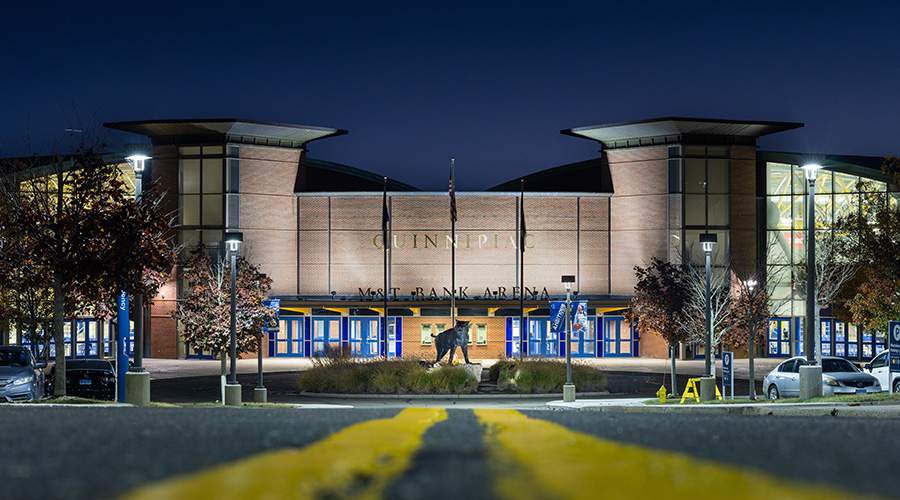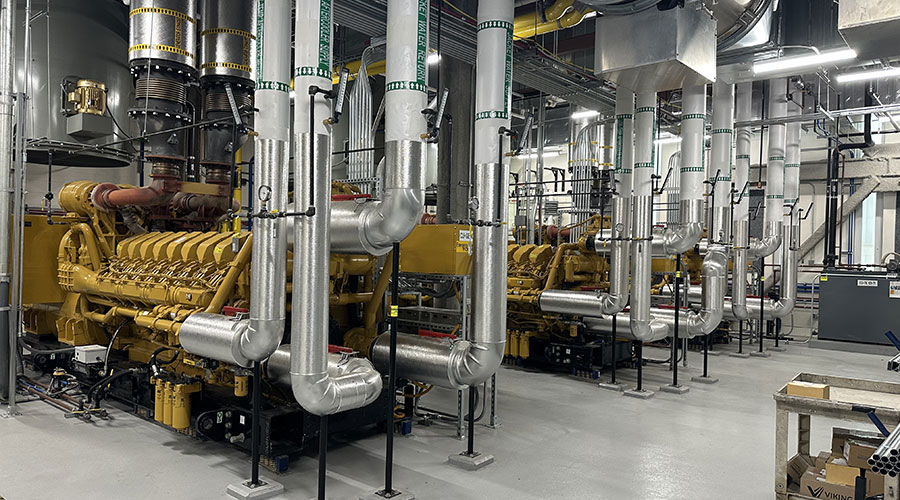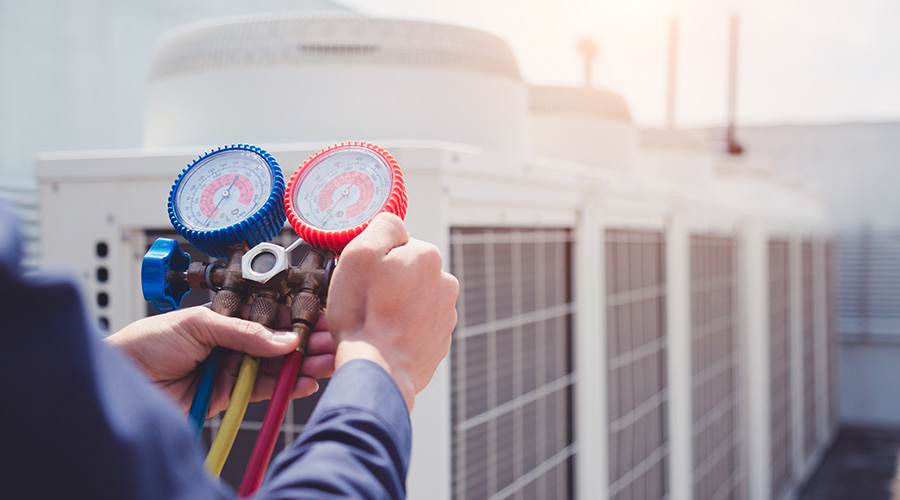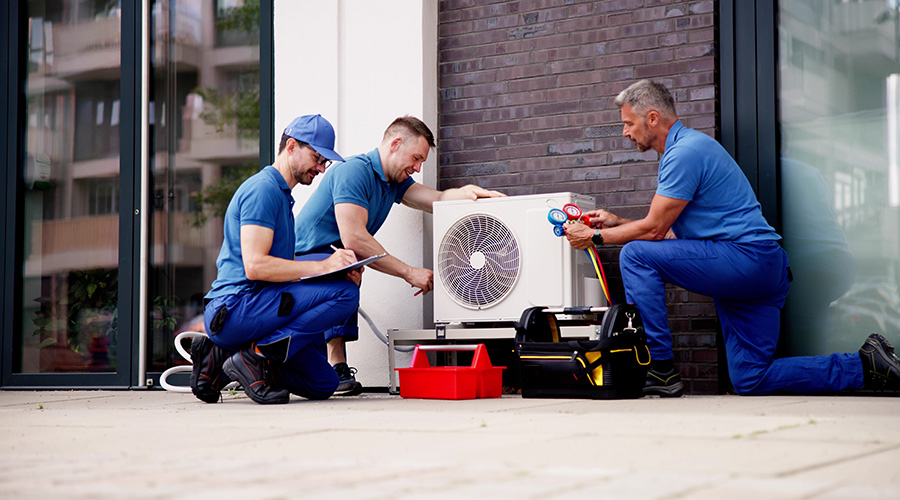Strategies to Ensure System Efficiency
Advances in boiler and water-heater designs have resulted in a new generation of units that offer high efficiency and reliability while providing unprecedented levels of safe operation. But these units, like other building components, require proper maintenance for them to operate as efficiently as possible throughout their life cycle. While the specific maintenance requirements will vary with the type and size of the boiler as well as the application it serves, there are a number of maintenance activities that maintenance and engineering managers can apply to all boilers and water heaters. By focusing on these critical maintenance activities, managers can help to ensure that these systems will continue to operate effectively and efficiently throughout their service lives.
Water Treatment
One of the best ways to maintain the performance of any boiler system is to implement a well-designed water-treatment system. For high-efficiency boilers to maintain their performance, their heat transfer surfaces must be kept clean of scale and sludge. Contaminants in the water tend to adhere to these surfaces, forming a layer of scale. Even very thin layers of scale will decrease the thermal conductivity of the surface, resulting in a decrease in efficiency of 10 percent or more. Sufficient scale can interfere with the transfer of heat, resulting in the formation of hot spots. This uneven heating can result in stresses that will eventually lead to system failures.
Water-treatment programs are often designed by specialized consultants. The consultants take water samples and determine the type and concentration of contaminants. They then design the program to provide the proper type and quantities of chemicals needed to keep the contaminants in suspension within the water. Once in place, they take additional samples to ensure the program still matches the conditions found within the boiler.
Maintenance and engineering managers must monitor water-treatment systems regularly to ensure their proper operation. For smaller systems, technicians should sample the water once each week and adjust the feed rate as needed. For larger systems, they should sample the water and adjust the chemical feed rate daily. Each time they sample the water, they should inspect the chemical feed system to ensure the system is operating properly and the chemicals are sufficient.
Boiler Blowdown
All water introduced into boiler systems carries some level of contaminants. In addition, corrosion within the system introduces other contaminants into the water. Unchecked, the concentration of these contaminants will slowly increase, accelerating the formation of scale. While water-treatment programs are designed to keep these contaminants in suspension within the water and prevent them from adhering to heat-transfer surfaces, boiler blowdown systems are designed to limit the quantity of contaminants within the boiler water to an acceptable level.
Boiler blowdown systems operate by bleeding off a portion of the water being fed into the boiler. The rate at which water bleeds off depends on the level of contaminants. Ideally, the system will bleed off just enough water to keep the contaminant concentration within the limits set by the boiler manufacturer. If the bleed rate is too low, the concentration of contaminants will increase, reducing operating efficiency. If the the rate is too high, the system will lose too much water, causing energy and water costs to increase.
Technicians usually perform the blowdown manually on small boiler systems. If the system requires little makeup water, they can perform the blowdown monthly. For small systems requiring moderate makeup water, they should test the water weekly.
Large systems often are equipped with automatic blowdown systems designed to keep the concentration of solids within the recommended limits. To ensure proper operation of the system, technicians should take a water sample at least once each day and test it for the concentration of dissolved solids.
Combustion Controls
While water-treatment and boiler blowdown systems do impact the operating efficiency of boilers and water heaters, particularly over the life of the unit, the combustion control system has the greatest direct impact on operating efficiency. In general, small boilers use simple combustion controls that cycle the burner on and off to meet the load requirements. Large boilers typically use modulating controls to more closely match the output of the boiler to the load. In both cases, the goal of the combustion control system is to provide for safe operation of the boiler under a wide range of operating conditions while minimizing fuel requirements.
The key to efficient boiler operation is the controls system’s ability to regulate the quantity of air and fuel supplied to the boiler. For efficient combustion, the two must match. To prevent smoking and the buildup of soot within the combustion chamber, all boilers use more than the minimum quantity of air required for combustion. But for efficient operation, the amount of excess air introduced must be kept to a minimum.
When manual controls were common in facilities, system operators often set excess air rates to 10 percent or more. Today, with microprocessor-based controls and monitoring of exhaust gases, operators can safely operate with excess air levels in the range of three to five percent. Each percentage point increase in excess air decreases operating efficiency by one-half to one percent.
For small boilers, technicians should inspect the burners and all combustion controls at least monthly. They should check the combustion efficiency at the start and the end of the season. Any change might be an indication that the combustion controls are in need of adjustment or overhaul, or that the boiler might be in need of a cleaning.
Technicians should continuously monitor the combustion controls on large boilers.
Annual Inspections
When boilers seem to be operating properly and routine maintenance inspections fail to show anything abnormal, there is a strong temptation to skip the annual inspection and maintenance activities. But skipping these tasks is practically a guarantee that next year’s performance will not be as good as the past year’s performance. Reliability and safety will suffer too. If maintenance personnel skip too many annual inspections, they will need to replace the boiler well before it has reached its rated service life.
The type and size of the boiler will determine the task requirements for the annual maintenance inspection. Some common tasks include inspection and cleaning of the waterside and fireside surfaces, eddy current testing of all boiler tubes, inspection of all refractory materials, and testing of all boiler safeties.
Training
Finally, don’t forget training. Boiler and water-heater performance are only as good as those who maintain them. If maintenance and engineering managers expect superior performance from these systems, they must take steps to ensure the technicians in their department have the skills necessary to do the job.
Training is not a one-time effort. Systems, components, and maintenance tasks are constantly changing. Without ongoing training, technicians’ maintenance skills will rapidly become obsolete and system performance will suffer.
Related Topics:











